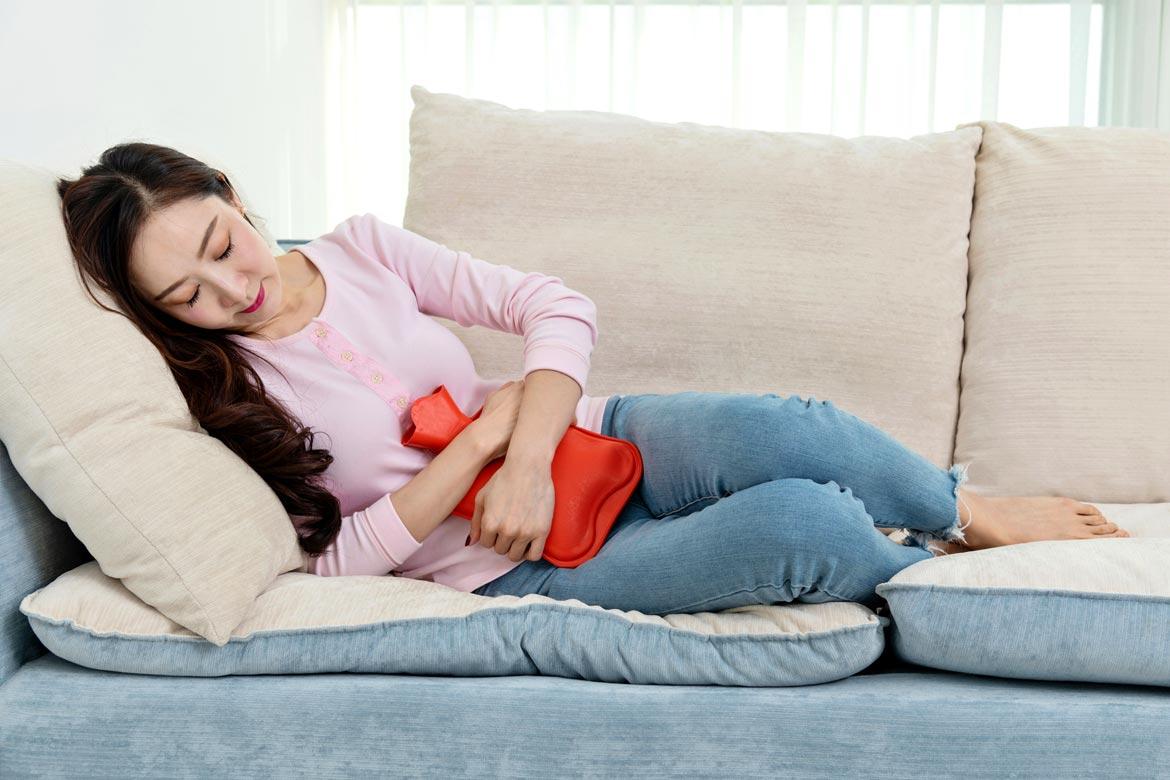-
-
Featured Care Areas

Uterine (Endometrial) Polyps
Frequently asked questions
A: Uterine polyps should be removed if they are larger than 1.5cm, results in prolonged or irregular bleeding, or cause infertility or pregnancy problems. If uterine polyps are diagnosed in post-menopausal women, it is best to have them removed.
Sometimes, small polyps without symptoms may go away on their own and do not require treatment. In other cases, they can be treated with medications.
A: Some small polyps that are asymptomatic may go away on their own. Others need to be treated with medications or surgery.
Consult your specialist for the best treatment option for you.
A: After a surgery to remove uterine or endometrial polyps, you may experience:
- Pain. You may feel discomfort, tenderness, pain and cramping in the abdominal area. These symptoms usually lasts a few days.
- Bleeding and discharge. You may experience heavy bleeding, followed by light bleeding, for a few days. You may also have some pink or brown discharge.
A: Uterine polyps are rarely cancerous.
However, they may cause problems with pregnancy, fertility or the menstruation cycle (e.g. excessive bleeding, bleeding between periods, and bleeding after menopause).
A: Small polyps may not be noticed or interfere with pregnancy.
Larger polyps that cause menstruation irregularity may affect the chance of pregnancy.
This coverage checker is brought to you by Health Insured, an online resource that helps you understand your health coverage in Singapore.
This page has been reviewed by our medical content reviewers.
Need help?
For enquiries, please call
+65 6575 7575
For appointment bookings, please WhatsApp
+65 8111 9777



